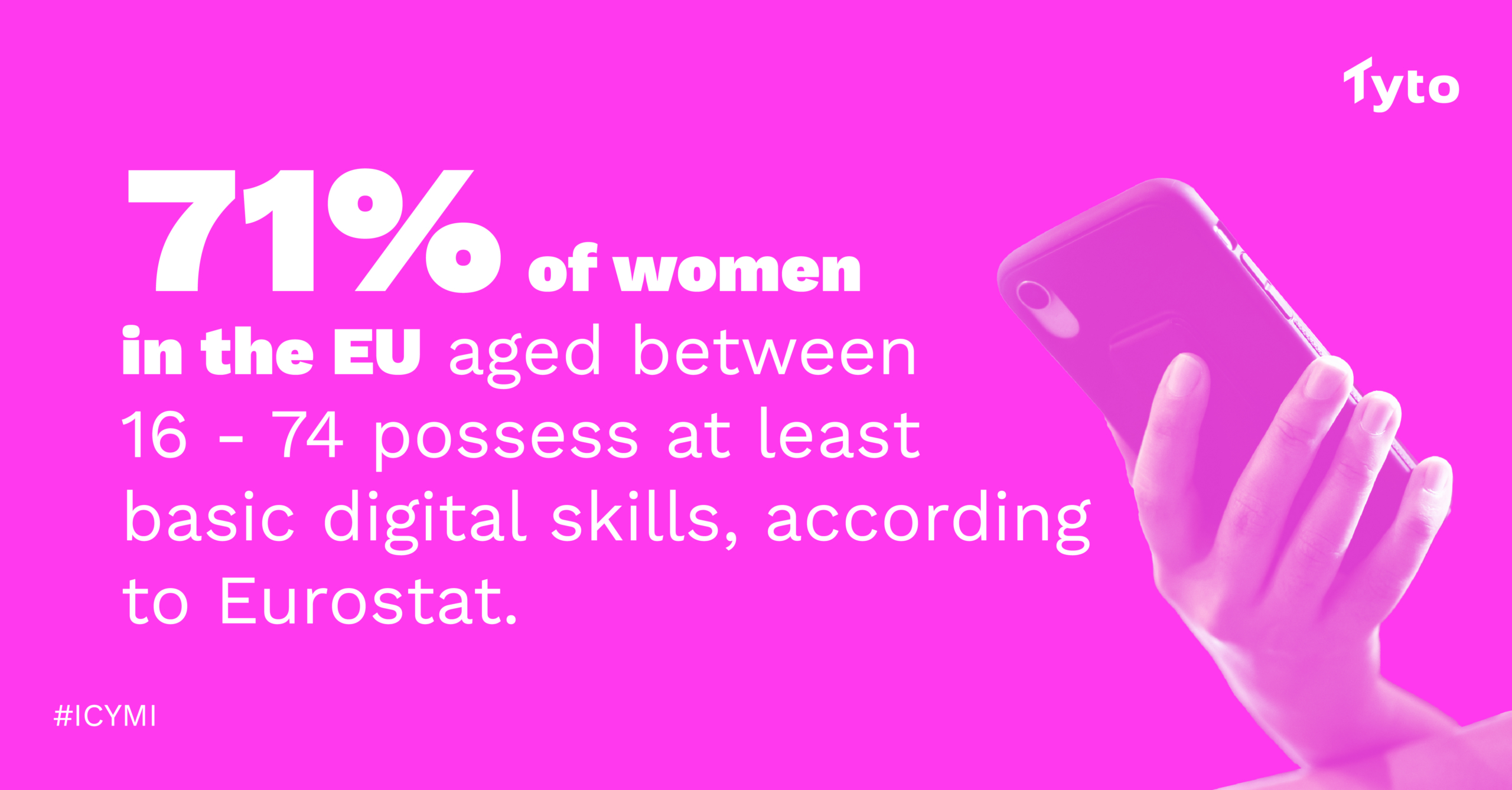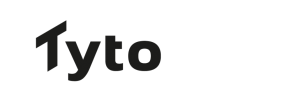In Case You Missed It – on the agenda this week: diversity, technology and solar batteries
Welcome to ICYMI – a weekly snapshot of European news stories that have given me pause for thought. ICYMI is a chance for you to go beyond the front-page headlines and find out what other stories may be worthy of your attention.
At Tyto, we take a mindful approach to Diversity, Equity & Inclusion (DEI) and therefore have a keen interest in how other companies approach DEI and how the media cover it, especially in the tech sector.
Our attention this week has been drawn to a unique job listing posted by the video game developer Ubisoft Bordeaux. The company is seeking two neuroatypical interns, including those with autism, dyslexia, ADHD and high intellectual potential. According to a report by the French publication Cadremploi, Ubisoft says neurodiversity offers a competitive advantage and that certain neuroatypical traits are highly valuable for innovation and creativity.
Ubisoft’s job listing challenges traditional recruitment norms, but Cadremploi does highlight the risk of “positive discrimination”, and that focusing too much on specific types of diversity may sideline other candidates.
This story shows how tricky navigating diversity can be. Similar dynamics are playing out in the artificial intelligence space. Generative AI developers are training their models to not respond to dangerous or hateful prompts, and to introduce diversity into their creations. But this can have unintended consequences.
For instance, Google has had to pause its Gemini model, which creates realistic images based on users’ descriptions, after users complained that it has overcorrected towards generating images of women and people of colour in inaccurate historical context, such as in depictions of Viking kings or German soldiers from the second world war. According to the FT, Google said that Gemini was “missing the mark” when it came to generating a wide range of people, and that they were working to release an improved version of the tool.
AI is a crucial business topic right now. In fact, our data-driven Tyto Relevance Index has found that AI and machine learning is the most discussed technology topic among European influencers on social media. Meanwhile, climate change is the most discussed socioeconomic trend across Europe, which goes some way to explaining why an announcement by a Germany solar battery manufacturer caught the attention of media in Germany.
According to Handelsblatt, Meyer Burger, a prominent German solar cell manufacturer facing financial difficulties and competitive pressures from cheap Chinese imports in Europe, is relocating its operations from Saxony, Germany, to Colorado, USA. The announcement has shocked the industry, as Meyer Burger is one of the last remaining solar cell manufacturers in Germany. The relocation has also stoked fears that the country (and Europe more widely) is losing key manufacturing skills and access to strategic technologies.
While Europe may be losing manufacturing jobs and skills, the continent is making progress when it comes to digital skills. According to new statistics from Eurostat, 69% of men and 71% of women aged 25 – 34 now possess at least basic digital skills (compared to only 34% and 25% of 65 – 74 year olds). There were significant disparities however, with the Netherlands leading the way (83% of the country’s population possess digital skills), while Romania is in last place with 28%. The Eurostat report found that age and education level are important factors to proficiency, as older people are generally less digitally skilled, as well as people with no or low formal education.




